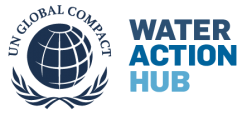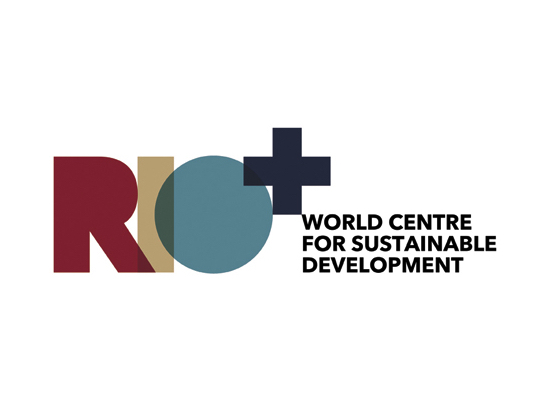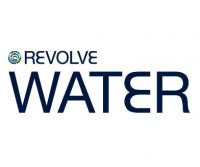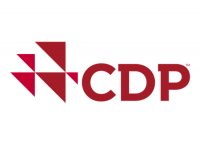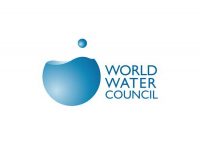Primary Functions
- Find insight on urban water challenges from across the globe, along with examples, insights, and recommendations for solutions.
Detailed Description
This publication aims to be the first of the RIO+ Policy Briefs by the RIO+ Centre with the purpose to discuss policy challenges across the globe from an integrated perspective that encompasses all dimensions of sustainable development.
Water is essential for human and animal life, for nature and for the economy. As a resource and commodity, it has a key function in our economic system, for food production, hygiene and health, energy and education. Water also forms biospheres and whole ecosystems such as rivers, lakes, seas, oceans, bays and glaciers and is key for the planet’s biodiversity and climate. The lack of water is the origin of deserts, land degradation, poverty and human migration. In cities or urban areas, water is often exclusively seen as a means to serve our daily needs or taken for granted as part of the landscape without much awareness about how to assure its sustainability. Having entered a new era where the majority of the population lives in urban areas and where the growth of some cities continues at an accelerated pace, the sustainable management and care-taking of urban waters is key.
This publication aspires to discuss water in urban areas not only in terms of water management, governance and infrastructure, as well as their best practices, but also in terms of challenges and opportunities of water bodies as biospheres and ecosystems within and close to urban agglomerations. It will present a variety of international perspectives and examples, and focus on the integration of economic, social and environmental dimensions of the efforts described.
The briefs will be made available to policymakers, regulators, sectoral experts, academia, civil society, and the media. We hope it will be a timely contribution to the debate on how human settlements and water resources can co-exist in a sustainable manner, and that it will help spark further discussion.
